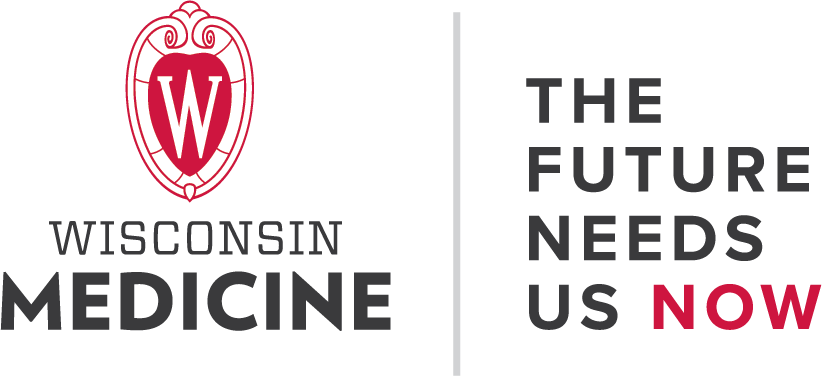Kingston is a miracle!
After nine months in the pediatric intensive care unit (PICU) and more than a year on the medical surgical unit at American Family Children’s Hospital, 3-year-old Kingston Vang Wraggs finally got out of the hospital.
“I can’t believe we’ve made it here,” said Tommy Wraggs, Kingston’s dad. “When I think back to how my son was hanging on by a thread for so long, I feel so grateful to be at this point now.”
Kingston was born in October 2018 and at first, he seemed as healthy as most newborns. But when he was three months old, a bulge appeared in his abdomen and his physician in La Crosse told them they needed to go to American Family Children’s Hospital immediately.
Life would never be the same, Wraggs said.
At American Family Children’s Hospital, Kingston was soon diagnosed with congenital nephrotic syndrome, a rare kidney disorder that causes the body to pass too much protein in urine — protein that is essential for regulating fluids in the body and managing infections, as well as promoting growth and development.
His kidneys would never work properly and the only cure would be a kidney transplant, but at this point, he was much too small, according to Dr. Neil Paloian, pediatric nephrologist, UW Health Kids.
To manage the disease while he grew big enough to receive a transplant, Kingston had a port inserted to receive supplemental albumin, a protein that carries hormones, vitamins and enzymes throughout the body. He also received nearly 20 additional daily medications, many through the IV, and feedings via a gastronomy tube, or G-tube, which was surgically attached in his stomach to help Kingston receive the nutrition and hydration he needed.
At just one-year-old, both Kingston’s kidneys were removed, and he needed to be on dialysis at home. This worked well for a few months, but in September 2020, Wraggs noticed Kingston seemed uncomfortable and restless, so he took him to the emergency room. The two were now living in Wausau and the local emergency care team told Wraggs he needed to take Kingston to UW Health Kids in Madison in the morning.
“My daddy instinct said, ‘Take him now,’ so I drove him to American Family Children’s Hospital immediately,” Wraggs said.
This was the right call. They arrived in Madison at 2 a.m., and soon after Kingston went into cardiac arrest, but physicians and nurses were able to revive him. They discovered Kingston had developed another extremely rare condition: A flesh-eating bacterial infection where the G-tube met his stomach. This infection would require Kingston to remain in the PICU and fight for his life for almost a year.
When Kingston was well enough and the infection cleared, he was moved to the medical surgical unit to await a new kidney. The surgeries and infections meant finding a donor wasn’t easy, but finally, in June, a perfect kidney match was found, and Kingston received the gift he needed at last, according to his UW Health Kids pediatric transplant surgeon, Dr. Tony D’Alessandro.
“Kingston beat so many odds,” D’Alessandro said. “First with his diagnosis, then with such a severe infection and even just finding a kidney donor that could work for his size and complications, it is so gratifying to see him discharged from the hospital.”
Dr. Allison Redpath Mahon, one of Kingston’s nephrologists, is also happy to see him on his way home.
“We sometimes didn’t think he would ever leave the PICU or leave the hospital,” she said. “We don’t really use the word 'miracle' in medicine, but Kingston is a miracle.”
Though the ups and downs were hard and the wait was often harder, Wraggs called the care they received from the UW Health Kids team incredible.
“Not only were they there every step of the way for my child, but they also checked on me and my well-being countless times,” Wraggs said. “They wanted to know if I’d eaten or slept, they took care of me when I was focused on caring for King.”
Wraggs couldn’t say enough good things about Kingston’s nurses in particular.
“Kingston has something like 30 or 40 mommies,” Wraggs said. “They took care of him, they rocked him to sleep, they braided his hair, they loved him like he was their own child.”
Share Your Story
Did UW Health or the UW School of Medicine and Public Health have a life-changing impact on you or someone you love? Be part of the Wisconsin Medicine story by inspiring others with your story. Share it now.

